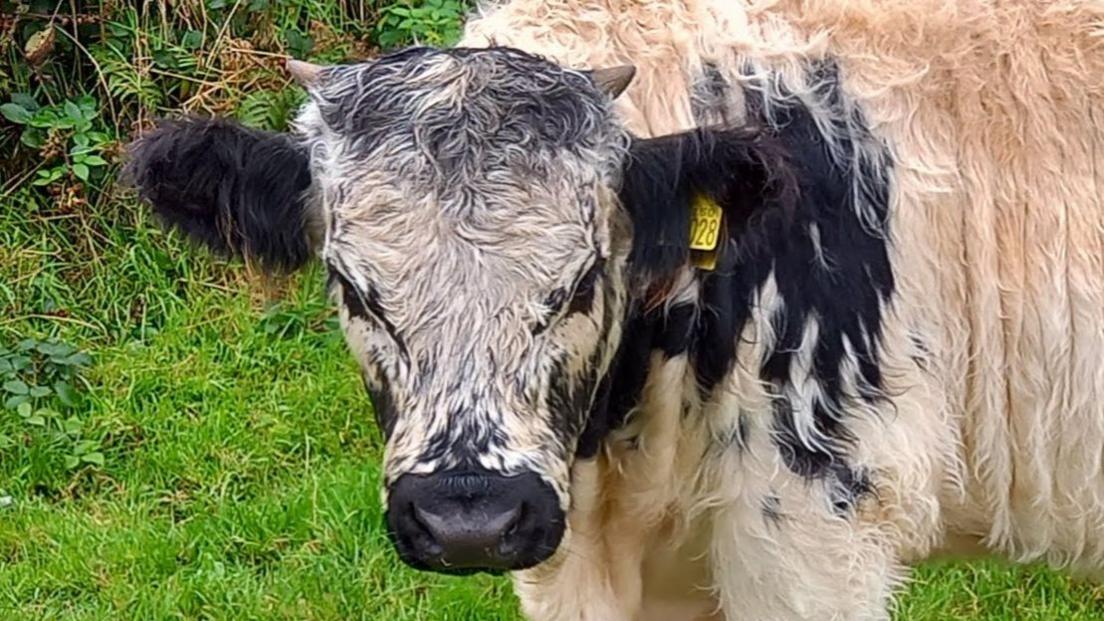Farmer urges action to save rare British Lop pigs

British Lop pigs are down to a few hundred animals, said farmer Giles Eustice
- Published
A Cornish pig farmer is pressing for more efforts to preserve rare breeds as a report raises concerns about their conservation in the UK.
Giles Eustice from Trevaskis Farm near Hayle, highlighted the plight of the British Lop pig, noted for their docility, hardiness, and ability to live outdoors all-year-round.
The South West pig breed is among many concerning the Rare Breed Survival Trust (RBST) in a report., external
"There are only a few hundred animals in the country, and the effective population maintaining genetic diversity is just 50-60 animals," said Mr Eustice.
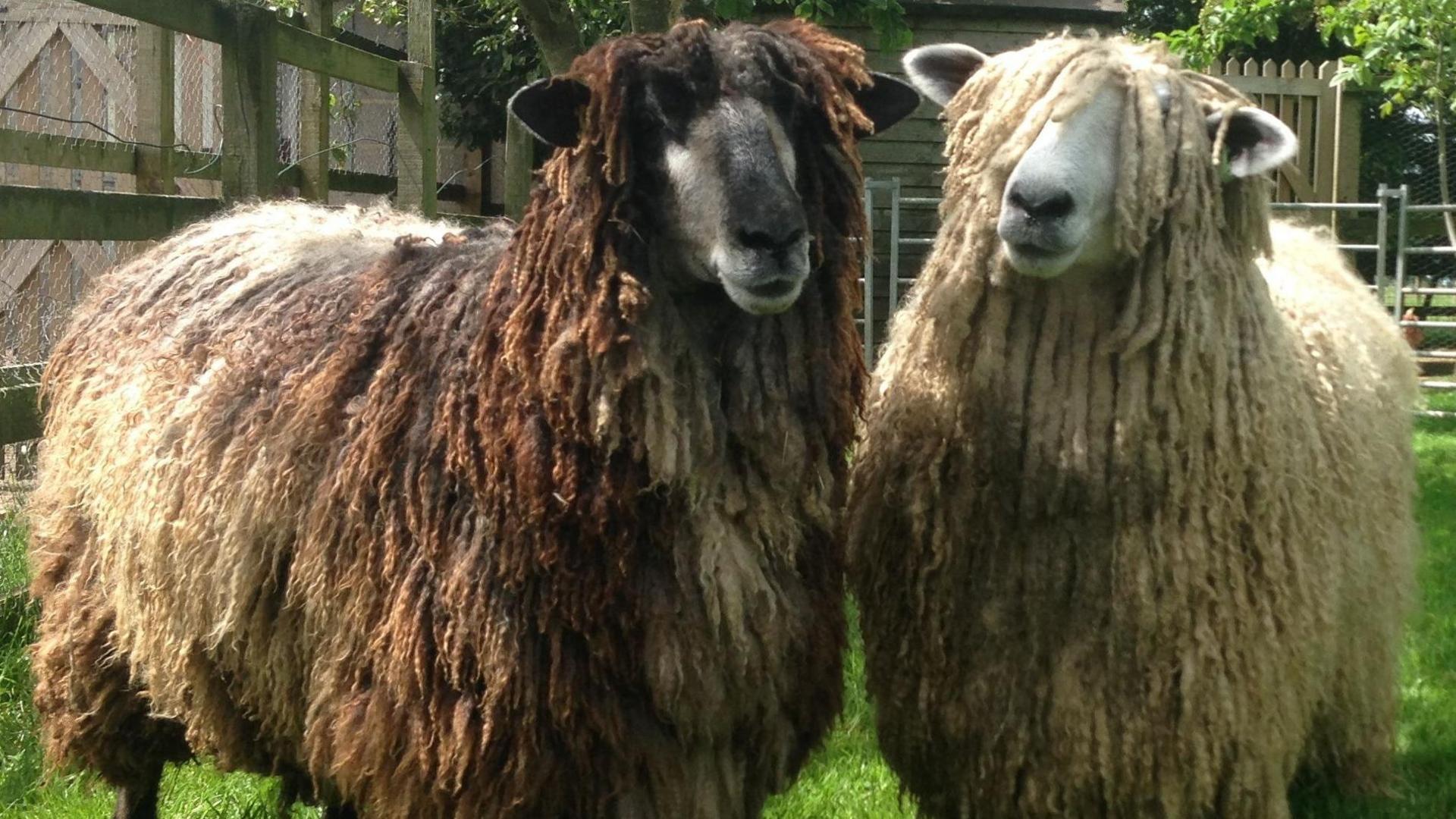
Leicester Longwool sheep have seen significant decline, says the RBST
Mr Eustice attributed the decline in numbers to economic factors and the preference for faster-growing commercial pigs.
"Commercially, they don't produce as fast as modern pork breeds, which has led to their decline," he said.
He said the breed should be preserved for its quality and genetic value, warning of the potential loss of valuable genetics if the breed were to disappear.
"We need to keep hold of our genetics because if they're gone, they're gone. You can't get them back," he said.
Christopher Price, chief executive of the RBST said there had been a 45% increase in registrations of female Devon and Cornwall Longwool sheep, the highest recorded figure for the breed since 2017.
Registrations of female Dartmoor ponies had also risen, he said.
"It's rather good news for many of the South West breeds," Mr Price said.
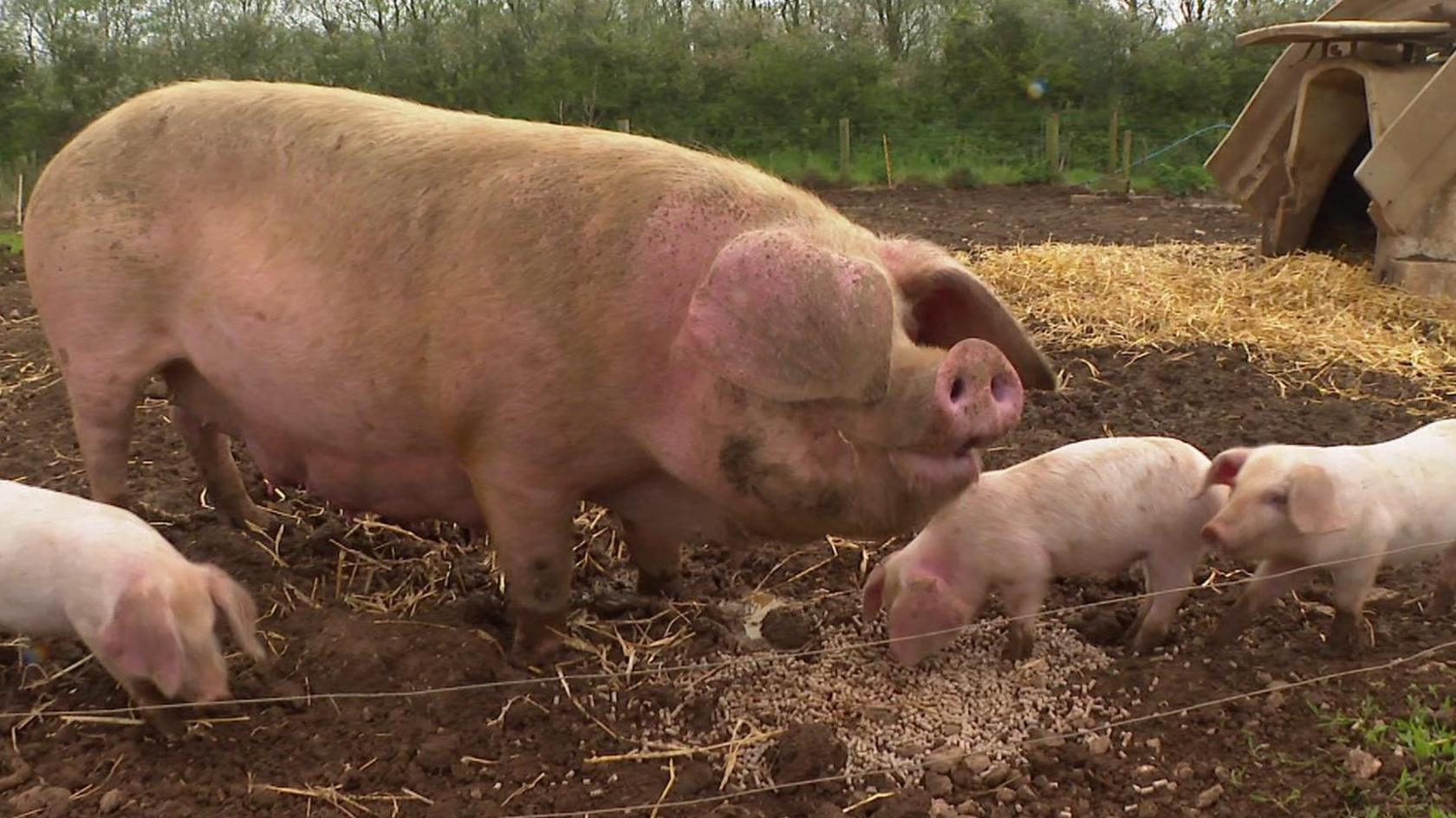
Lop pigs do not produce as fast as modern pork breeds, which has led to their decline said Giles Eustice
However, Mr Price also pointed out the decline of the Whiteface Dartmoor sheep.
"The Whiteface Dartmoor has been in gradual decline in recent years, and we'll have to work with breeders and society to help turn things around," he said.
Native breeds were well-suited to local conditions, have lower welfare costs, and could command a premium due to their unique characteristics, he said.
"Native breeds are part of our native biodiversity in just the same way as wild animals are," he said.
"They add to the quality of life and can be exciting to see in our countryside and landscapes."
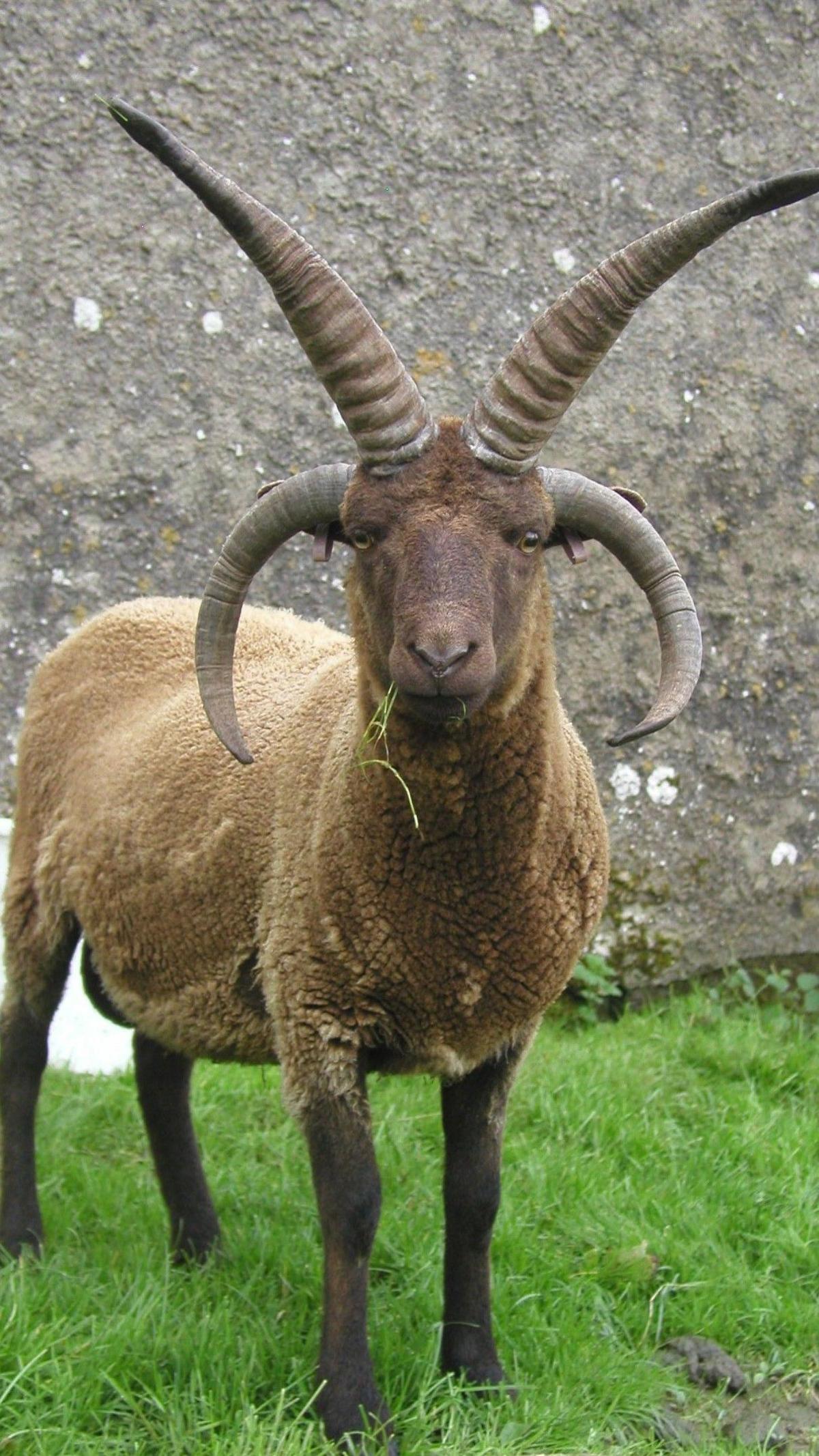
The Manx Loaghtan breed is in decline
The Manx Loaghtan breed and the Leicester Longwool breeds have "both seen significant declines in the number of dams producing pedigree offspring, continuing negative trends of recent years", said the RBST's report.
The RBST is calling for the government to re-establish the Ministerial Native Breeds Roundtable "which was designed to support strategic and co-ordinated action for native breeds, across departments and alongside rare breed organisations, under the previous government".
A Defra spokesperson said: "Native and rare breeds of livestock provide genetic diversity and are an important part of our rural heritage.
"We will continue to protect our native breeds through the Countryside Stewardship Higher Tier, providing funding to support their grazing habitats, and we will keep working closely with stakeholders to support the sector."
Follow BBC Cornwall on X, external, Facebook, external and Instagram, external. Follow BBC Devon on X, external, Facebook, external and Instagram, external. Send your story ideas to spotlight@bbc.co.uk, external.
Internet related links
- Published11 July 2024
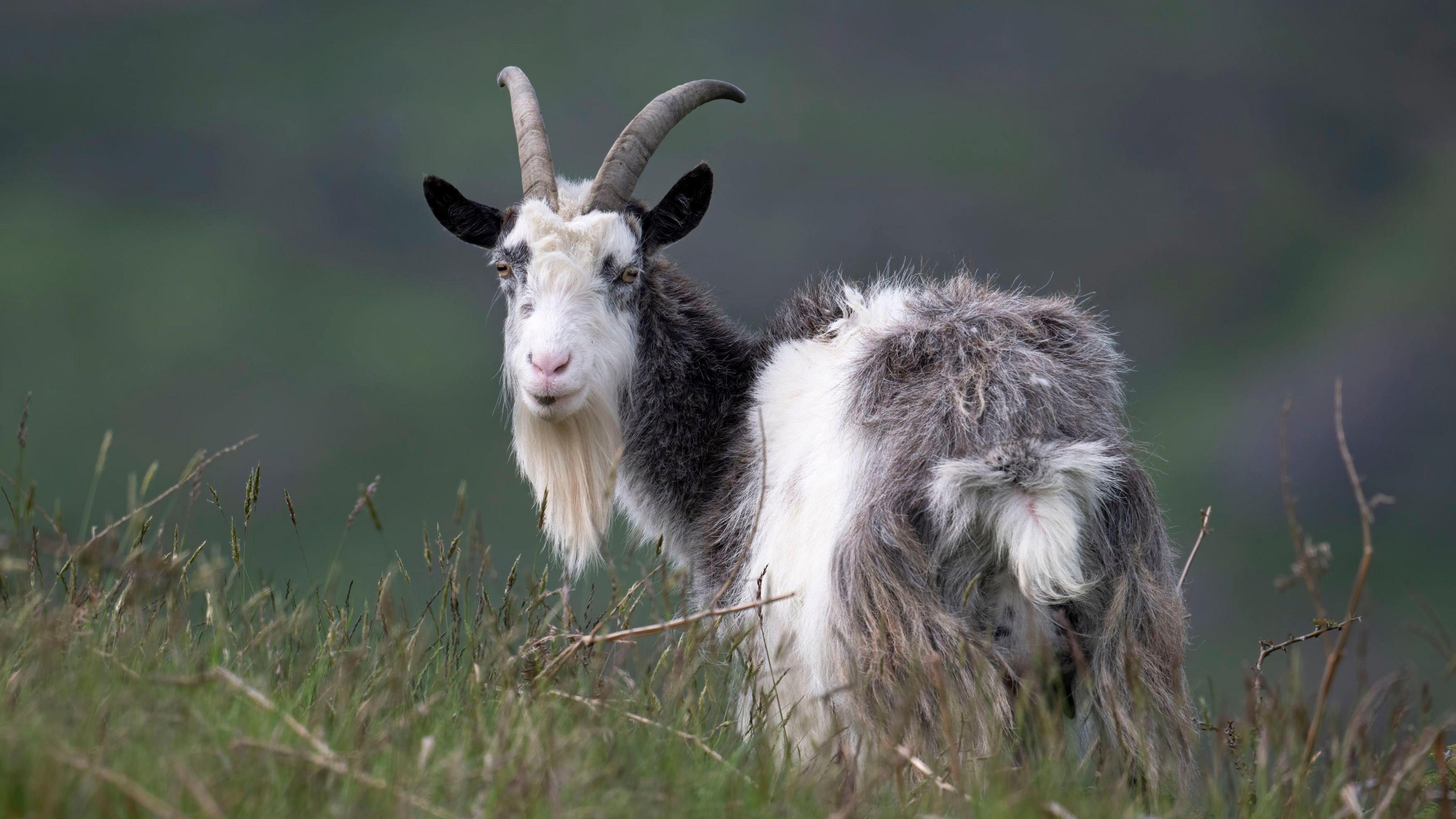
- Published7 June 2024
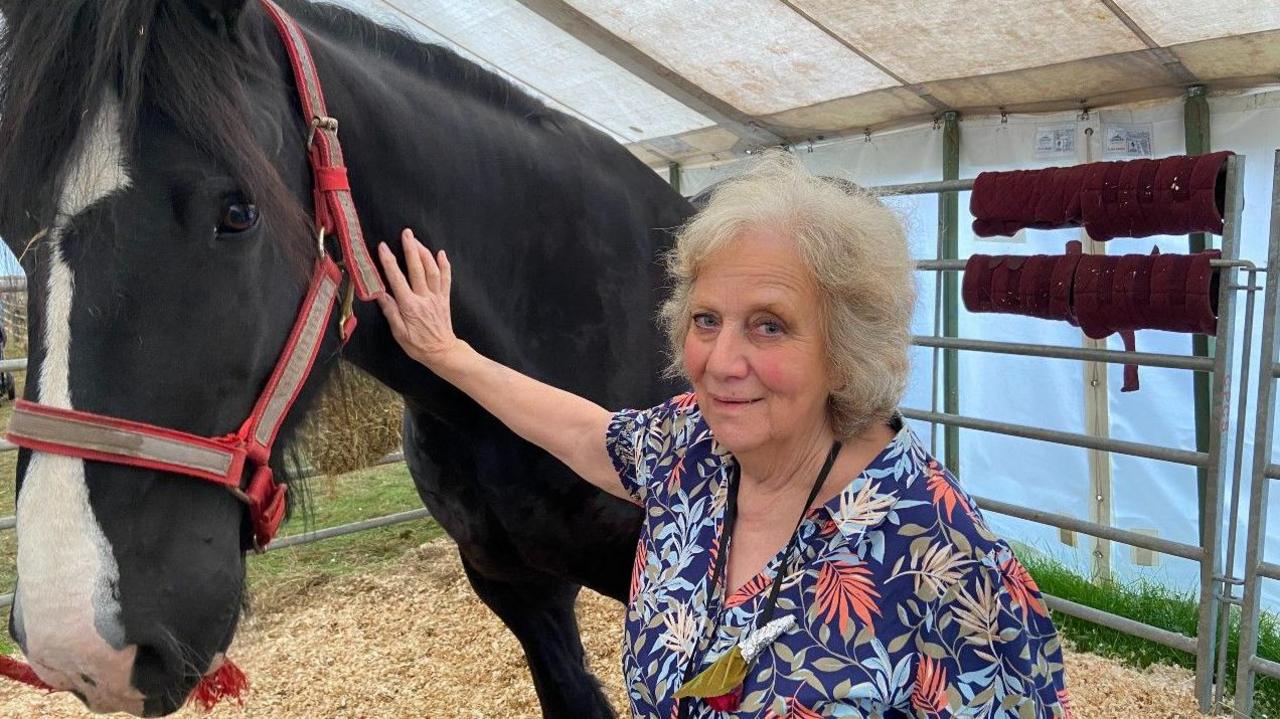
- Published27 March
